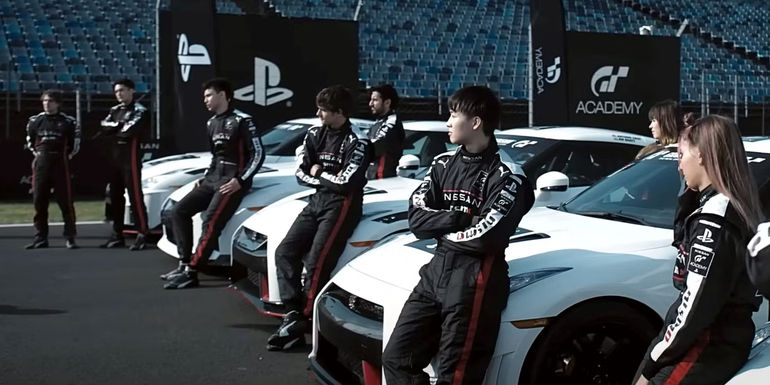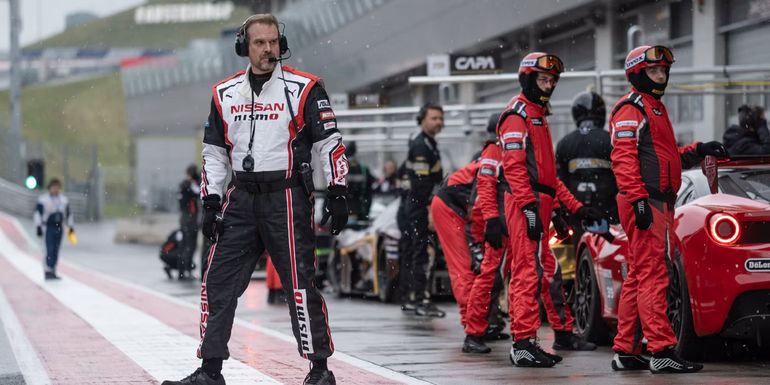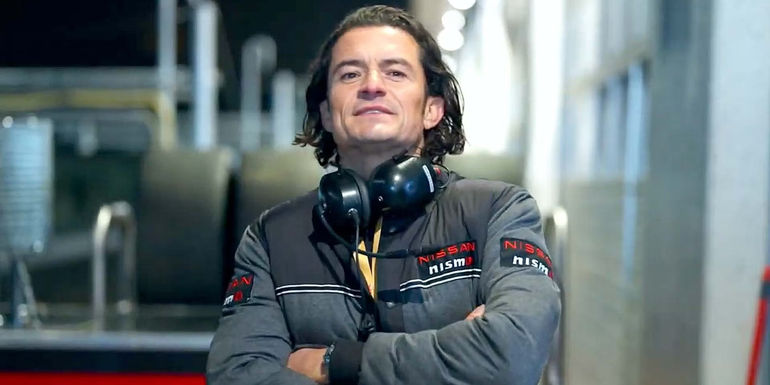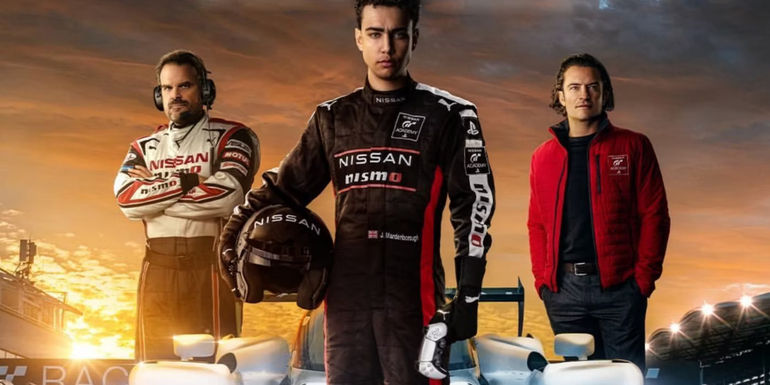
The Gran Turismo Movie's Problem With Fake Characters

A deep dive into the issue of fictional characters in the Gran Turismo movie and its impact on the portrayal of the true story of Jann Mardenborough.
The Problem with Fictional Characters
The Gran Turismo movie, directed by Neill Blomkamp, is a captivating adaptation of the true story of Jann Mardenborough, a teenager who turned his passion for a racing video game into a professional racing career. However, the movie has faced criticism for its handling of fictional characters, which has raised concerns about the credibility of the story it aims to tell.
Gran Turismo Jann Mardenborough
When adapting a true story to the big screen, it is expected that some creative liberties will be taken to fit the narrative within the constraints of the medium. However, the Gran Turismo movie goes beyond the standard adjustments and introduces entirely fictional characters and amalgamations of real ones, leading to a departure from the authenticity of the original story.
An image of the Gran Turismo cast leaning on all the cars
One of the main characters, Jack Salter, plays a significant role as Jann's mentor in the film. Despite his importance, Jack is not based on a real person, raising questions about the accuracy of the representation. Similarly, Nicholas Capa and Matty Davis, portrayed as antagonists in the movie, are entirely fictional characters designed to drive the plot forward. These decisions have implications for the portrayal of real-life events and the credibility of the narrative.
Josha Stradowski in Gran Turismo as Nicholas
Inventing Fictional Characters to Drive the Story
The decision to invent fictional characters in Gran Turismo has significantly impacted the portrayal of Jann Mardenborough's story. Characters like Jack Salter, Nicholas Capa, and Matty Davis, while pivotal to the movie's plot, are not rooted in reality. This departure from real-life individuals raises concerns about the accuracy of the narrative and its faithfulness to Jann's journey from a video game enthusiast to a professional racer.
David Harbour as Jack Salter walking on the pit lane in Gran Turismo
Even the character of Danny Moore, an important marketing executive in the movie, is entirely fictional. While the portrayal of these characters serves to drive the narrative forward, it also sacrifices the authenticity of Jann's experiences and the challenges he faced in his real-life journey. The use of fictional characters to bolster the storyline raises questions about the integrity of the movie's representation of Jann's triumphs and tribulations.
Orlando Bloom with his arms crossed in Gran Turismo
Sacrificing Reality for Spectacle
The creation of fictional characters and the rearrangement of real events in Gran Turismo serve to enhance the cinematic spectacle of Jann Mardenborough's story. However, this comes at the cost of authenticity, as the movie departs significantly from the actual events and individuals in Jann's life. By crafting a narrative that includes fictional characters and altered timelines, Gran Turismo sacrifices the genuine experiences of Jann Mardenborough for the sake of a blockbuster storyline.
Gran Turismo movie poster with David Harbour, Archie Madekwe, and Orlando Bloom
While these changes may have contributed to the movie's entertainment value, they raise ethical questions about the portrayal of real-life stories in cinema. The audience's expectation of an accurate retelling of Jann's journey clashes with the liberties taken by the movie to create a more sensational narrative. Ultimately, the use of fictional characters and altered timelines undermines the credibility of Gran Turismo as a faithful adaptation of Jann Mardenborough's inspiring real-life achievements.



















